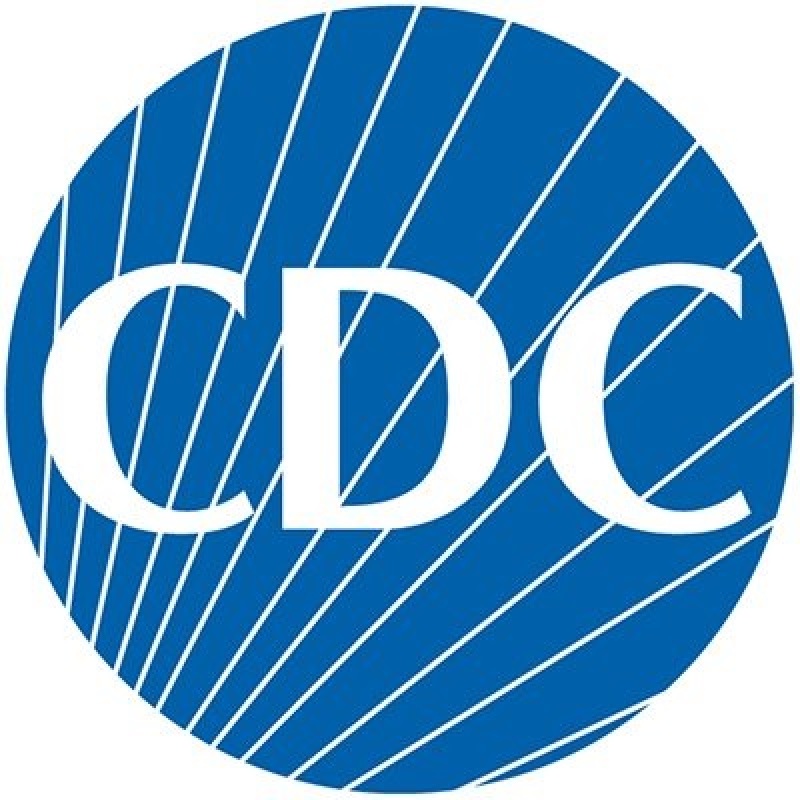
The Centers for Disease Control and Prevention (CDC) has long been on the receiving end of criticism from both the public and government leaders for its handling of the COVID pandemic, especially with how it communicated information on COVID safety precautions and vaccine information and efficacy.
Now, a New York Times report reveals that the CDC has indeed failed to communicate a lot more about the COVID pandemic and has purposefully withheld vitally important data on cases and vaccinations.
According to MSN, the CDC has long been collecting "vast swaths of data" since the beginning of the COVID pandemic and yet there has been "eyebrow-raising quantity of it that has not been released until recently" or has only been "partially released," some "only to state agencies" or which access was "otherwise limited."
The CDC has been collecting data on COVID hospitalizations across the U.S., tracking them by age, race, and vaccination status but this information was not made public.
Moreover, its report on critical information on the efficacy of COVID vaccine boosters in adults younger than 65, which was released two weeks ago, did not include data for the age group of 18 to 49 years old, showing a massive gap in the report.
NYT's Apoorva Mandavilli alleged in the report that CDC only "publish only a tiny fraction of the data it has collected." But CDC spokesperson Kristen Nordlund defended the agency in the report, saying that the CDC's excuse for limiting the published data was because of concerns that it would be allgedly misinterpreted.
For example, information on COVID breakthrough cases, the ones that occur among vaccinated individuals, will cause some concerns that may lead to people questioning vaccine efficacy. However, withholding such data did not prevent the same problem.
Meanwhile, the agency also had to go through several layers of bureaucracy for approval just to release data, both internally and within the Department of Health and Human Services or HHS, the executive branch that oversees the CDC.
Epidemiologist Jessica Malaty Rivera, who was part of the independent project that collected COVID data called Covid Tracking Project, commented that the group had been "begging for that sort of granularity of data for two years." She remained doubtful of the excuses CDC had for hiding critical information, saying, "We are at a much greater risk of misinterpreting the data with data vacuums, than sharing the data with proper science, communication and caveats."
Rivera isn't the only one. Dr. Yvonne Maldonado, chair of the American Academy of Pediatrics's Committee on Infectious Diseases also admitted she was frustrated over the difficulty in obtaining data from the CDC, specifically about children who were hospitalized with COVID and had other medical conditions.
Dr. Maldonado said that the CDC has "known this for over a year and a half" but they refused to tell the AAP's Committee on Infectious Diseases. She expressed frustration saying, "You can't find out anything from them."
The Gateway Pundit reported that as per Nordlund, the critical information from CDC is simply "not yet ready for prime time." She added that CDC's "priority when gathering any data is to ensure that it's accurate and actionable."
The report said that the CDC had lied about failing to track breakthrough infections and that they just decided to "hide the data because it didn't fit the approved narrative" and later "blamed the potential for 'misinformation' as justification for the coverup."




























